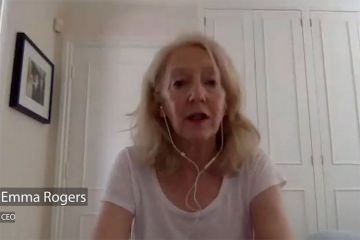The fall of Constantinople to the marauding Turks was one of the darkest days in Christendom, heralding centuries of oppression and bloody rule by Islamic forces. That is, at least, how many schoolbooks in the Balkans portray the period of Ottoman rule. But for the Turks it was a mighty victory by a great leader, Sultan Mehmet II, that ushered in the golden age of the Ottoman Empire, bringing enlightenment that event-ually extended to the gates of Vienna.
Balkan historians have been trying to reconcile these opposing views in a series of seven meetings organised by the Centre of Democracy in South East Europe. The project is the brainchild of Greek businessman Costa Karies. It looks at which version is taught in schools and universities throughout the Balkans.
Hallil Berktay, of Istanbul's Sabanci University, said of the meetings: "We all seek to deconstruct our way of teaching history. We aim to uncover our prejudices, from which we can lay the foundations of creating a new text for the region's history. It is a kind of group therapy."
The process has been welcomed not only by historians but also by political scientists.
Kemal Kirisci, of Istanbul's Bosphorus University, said the way history is taught in Turkey still had a strong influence on the country's national and international policy. History shaped Turkish attitudes towards Europe, he said. While the country was in favour of becoming a part of the European Union, there was a fear that Europe wanted to achieve its historical dream of colonising and dividing Turkey, leaving a deep suspicion in the psyche of many Turks towards Europe.
The project is near completion and a report will be compiled for the Council of Europe making various recommendations for changes in textbooks and teaching of history in schools and universities.
Ottoman historian Hulya Cambakal said: "There are few disputes - we all agree on the need for change and reaching a consensus on even the most thorny subjects." But the real battles are expected to be in the education ministries of the countries involved.
Register to continue
Why register?
- Registration is free and only takes a moment
- Once registered, you can read 3 articles a month
- Sign up for our newsletter
Subscribe
Or subscribe for unlimited access to:
- Unlimited access to news, views, insights & reviews
- Digital editions
- Digital access to THE’s university and college rankings analysis
Already registered or a current subscriber?






